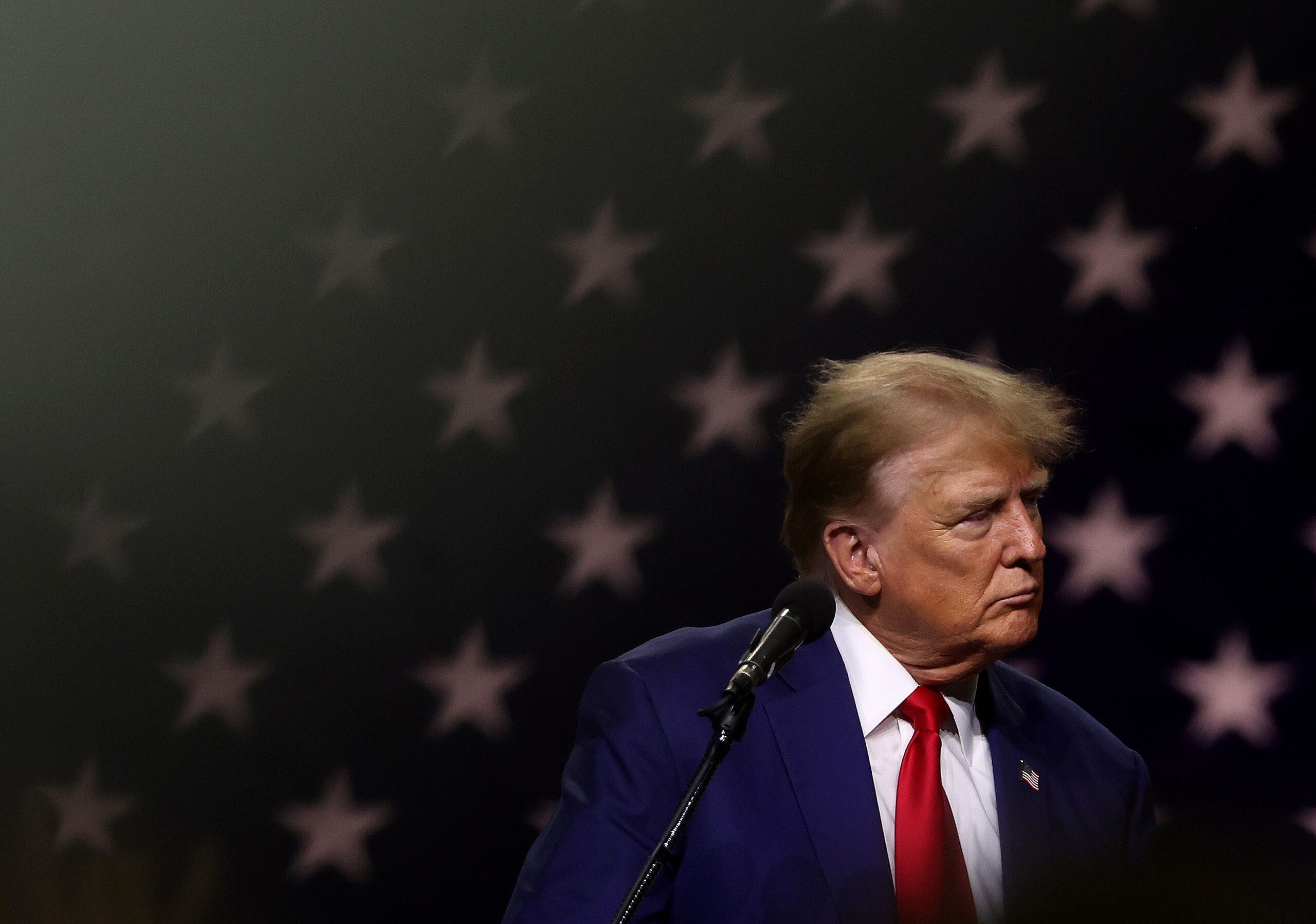In a bold move, former President Donald Trump has appealed to the Supreme Court, urging them to refrain from intervening in the question of his immunity from federal prosecution for alleged crimes committed during his tenure. This is seen as his latest attempt to manipulate the legal system to his political advantage, with the ultimate aim of delaying the proceedings beyond the 2024 election.
Trump’s Legal Strategy: Delay and Deflect
This tactic mirrors Trump’s legal strategy in all his criminal cases to date. The appeal comes on the heels of the Colorado Supreme Court’s decision to bar Trump from the state’s primary ballot, a ruling he is also expected to challenge in the US Supreme Court. This puts the nation’s highest court in a position to decide next year whether Trump can be prosecuted for crimes committed after the 2020 election and whether his actions while in office can prevent him from running in 2024.
Trump’s Legal Battles: A Breeding Ground for Chaos
Such chaos is where Trump thrives, often managing to turn the tables to his advantage. Former Trump Attorney General Bill Barr, who opposes Trump’s 2024 candidacy, stated, “He feeds on grievance just like a fire feeds on oxygen. And this is going to end up as a grievance that helps him.”
Trump’s Immunity Question: A Case for the Supreme Court
On Wednesday, Trump’s lawyers asked the Supreme Court to reject special counsel Jack Smith’s request to bypass a federal appeals court and take up the case deciding if Trump, as a president, is immune from charges related to election subversion efforts after his 2020 loss to Joe Biden. The speed with which the Supreme Court takes up the case will determine whether the case begins in March 2024, just before Super Tuesday, or if the case gets postponed closer to or after November’s election.
Trump’s Reliance on the Supreme Court: A Recurring Theme
This is not the first time Trump has turned to the Supreme Court. After his election loss in 2020, he asked the justices – three of whom he appointed – to help overturn his defeat, expressing his displeasure when they swiftly dismissed a lawsuit challenging the election results. Now, as the front-runner for the GOP nomination, he is seeking help from the Supreme Court for his 2024 campaign.
Trump’s Legal Battles: A Test for the Court and the Country
The dual-track Trump litigation puts the court – and the country – in an unprecedented and chaotic position that is sure to inflame the partisans no matter how the court rules. The Colorado ruling, where a 4-3 majority found that Trump engaged in an insurrection and was not eligible to appear on the state’s primary ballot because of the Constitution’s 14th Amendment, once again drowned out any other news involving the GOP primary.
Trump’s GOP Rivals: Defending Him Against the Legal System
Despite the legal charges against Trump, his GOP rivals have once again rallied to his defense, criticizing the Colorado ruling. Even former New Jersey Gov. Chris Christie, who has defended the special counsel’s charges against Trump, said that the courts should not be deciding Trump’s electoral fate – the voters should.
Trump’s Legal Fate: A Matter of Timing
If Trump were to lose on the question of presidential immunity at the Supreme Court, it clears the pathway for the special counsel’s January 6, 2021, trial to begin in the spring. Trump’s lawyers have not hid the fact that they’d like to push that federal trial – and the other criminal cases that are looming – beyond the 2024 election, where, if Trump wins, he could pardon himself.
The Supreme Court’s Role in 2024: A Pivotal Decision
The two cases mean that the Supreme Court, like it or not, will play a key role in the 2024 election. The court could decide that Trump is immune from prosecution while president, freeing him of some of the criminal charges he faces and giving him a runway to act as he pleases in a possible second term. Or, the high court could decide that Trump can, in fact, be removed from the ballot as the Colorado Supreme Court did, inviting other states to do the same and potentially depriving him of a path to the White House.

